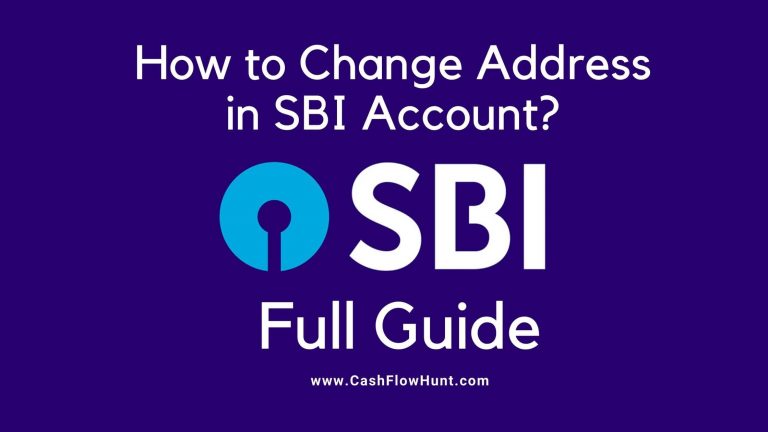In news, before the Silicon Valley Bank (SVB) collapse, several of its high-ranking executives sold their shares, which sum up to $4.5 million in value. The banks top management leaders CEO Gregory Becker, CFO Daniel Beck and CMO Michelle Draper, were among those who sold their shares in the bank’s parent company SVB Financial Group.
Is Silicon Valley Bank (SVB) is going to collapse?
![]()
On February 26, CEO and President Becker sold more than 12,000 shares of worth $3,578,652.31. While CFO Beck sold $575,180 worth of stocks in a separate transaction on the same day. Meanwhile, data from the US Securities Exchange Commission’s EDGAR system revealed that Draper’s shares had been sold in several transactions in previous months. According to additional filings and information, the company’s executives have been gradually selling stocks since May 2021.
It is noted that Becker’s recent sale of stocks was noteworthy because he had not sold any shares for more than a year. The sale of shares was made through pre-arranged share sales under 10b5-1 plans, which permit company insiders and executives to make arrangement for the sale of shares on particular predetermined dates to prevent illegal insider trading.
Although 10b5-1 plans are legal, still they do have some loopholes. The most significant loophole is the absence of a mandatory cooling-off period which permits executives to trade shares on the next predetermined date without any delay.
The US market regulator has taken harsh steps to address the issue by implementing a 90-day cooling-off period which would prohibit executives from trading shares for the next three months. However, these new regulations are scheduled to take effective only from April 1 2023.
Once ranked as the 16th largest bank in the US. The Silicon Valley Bank primarily served high net-worth individuals and venture capitalists. However, the SVB bank possession began to decline when the Federal Reserve raised interest rates last year. Although higher interest rates would typically result in increased profits, the bank was also required to have more cash on hand to fulfill its deposit obligations.
When the Silicon Valley Bank was forced to sell its treasury bonds at a loss of $1.8 billion due to sudden interest rate hikes, it had to liquidate other assets as well that worsen circumstances. This make sought off a chain of events that ultimately led to the bank’s downfall. The bank subsequently notified all shareholders that it intended to raise more than $2.25 billion USD through a new issue of stock sales which triggered a bank run and ultimately led to the bank’s collapse.
Also read: Payday Loans That Accept Chime
Resource Credit: MSN






